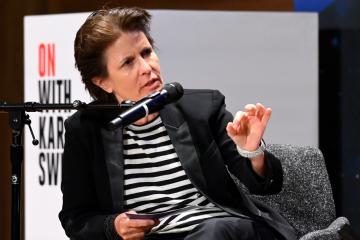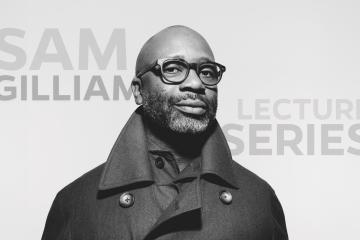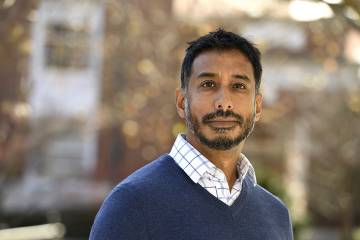Reception: Insights from McKinsey's "Women in the Workplace Report"
Join the Gender & Work Initiative and the Human Capital Development Lab for a program featuring highlights from the 2025 Women in the Workplace Report, conducted by McKinsey in partnership with LeanIn.org. Following the presentation, the presenters will host a panel discussion and networking reception.











